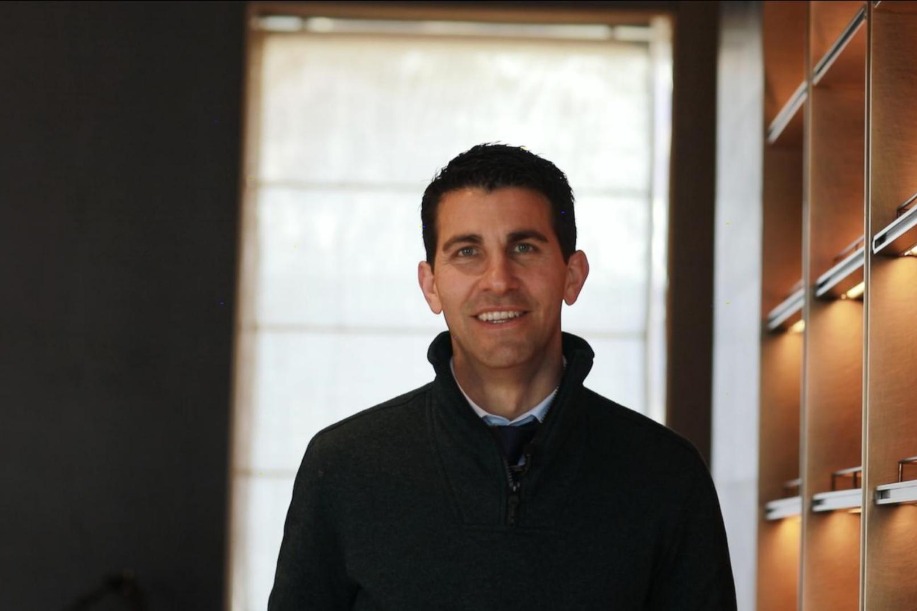Positive thinking urged amid pandemic


Pressure from work, along with a sense of crisis in her personal life, were Qi's main sources of anxiety.
"I felt very sensitive and fragile. Even the smallest things could cause me to break down. I felt unable to help myself," she said.
Qi is among millions of people worldwide who have experienced stress as a result of the pandemic.
In May, three months after the outbreak hit the United States, nearly 50 percent of US citizens reported it was affecting their mental health, according to a poll conducted by the Kaiser Family Foundation, a non-profit organization headquartered in San Francisco.
In April, calls to a federal emergency hotline for people in emotional distress rose by more than 1,000 percent year-on-year. The previous month, some 20,000 people texted the hotline, run by the Substance Abuse and Mental Health Services Administration.
Meanwhile, strict lockdowns, self-isolation and an unstable employment market have weighed heavily on the minds of people around the world.
Yu Feng, a professor of psychology at Wuhan University in Hubei province, said such pressure and stress, if not managed properly, could further affect people's daily lives.
"We often joke that breakdowns among adults begin with a small thing, such as accidentally spilling the coffee. Most of the time it's because we have accumulated too much pressure in everyday life," he said.
Excessive pressure can result in people experiencing "fight-or-flight"-a physiological reaction that occurs in response to a perceived harmful event, attack or threat to survival, Yu said. Remaining in such a state for a long period causes harm, both mentally and physically.
"At this point, something has to be done to address such negative emotions," said Yu, who focuses on positive psychology, an area of research centered on well-being and effective interventions related to improved health.
Positive psychology, which emerged as a new domain in 1998, is concerned with eudaimonia, an ancient Greek term for "the good life" and the concept of reflecting on factors that contribute most to a well-lived and fulfilling life.
It also fosters well-being and positive emotions to encourage resilience and protect mental health in difficult situations.
























